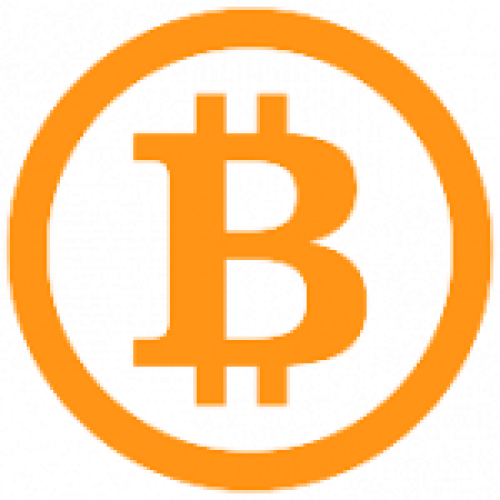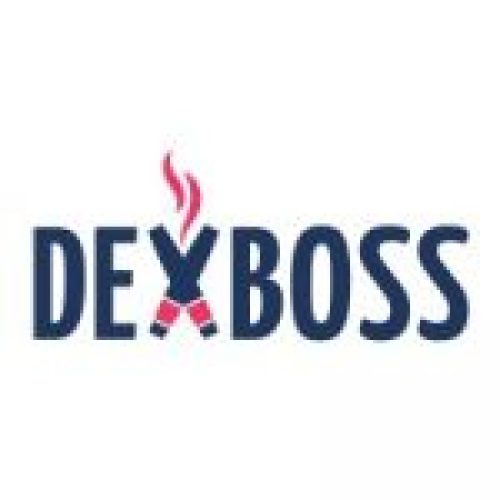In the rapidly evolving world of technology, blockchain has emerged as a disruptive force with the potential to transform industries ranging from finance and supply chain management to healthcare and governance. As businesses and organizations increasingly recognize the transformative potential of this distributed ledger technology, the demand for skilled blockchain developers and professionals has skyrocketed. If you’re interested in learning blockchain and positioning yourself at the forefront of this technological revolution, this comprehensive guide will provide you with a structured blockchain learning path to help you navigate the journey to mastery.
Understanding Blockchain Fundamentals:
Before embarking on your blockchain learning path, it’s essential to grasp the fundamental concepts that underpin this revolutionary technology. Blockchain, at its core, is a decentralized, distributed digital ledger that records transactions across multiple computers in a secure and transparent manner. Unlike traditional databases, blockchain relies on a network of nodes (computers) to validate and record transactions, eliminating the need for a central authority.
To build a solid foundation, start by familiarizing yourself with the following key concepts:
- Decentralization and Distributed Systems
- Cryptography and Hashing Algorithms
- Consensus Mechanisms (e.g., Proof of Work, Proof of Stake)
- Blockchain Architecture and Data Structures
- Smart Contracts and Decentralized Applications (dApps)
Beginner’s Guide to Blockchain Learning:
As a beginner, it’s crucial to start with resources that introduce blockchain concepts in a simple and accessible manner. Here’s a recommended beginner’s guide to blockchain learning:
- Online Courses and Video Tutorials: Platforms like Coursera, edX, and Udemy offer a wide range of introductory blockchain courses and video tutorials. These resources provide a structured learning experience and often include hands-on projects to reinforce your understanding.
- Introductory Books: Books like “Blockchain Basics: A Non-Technical Introduction in 25 Steps” by Daniel Drescher and “Blockchain Revolution” by Don Tapscott and Alex Tapscott offer approachable explanations of blockchain technology and its potential applications.
- Online Communities and Forums: Engage with online communities like Reddit’s r/Blockchain and Discord channels dedicated to blockchain. These platforms allow you to ask questions, seek guidance, and stay updated with the latest trends and developments in the blockchain space.
- Hands-on Projects and Tutorials: Once you’ve gained a basic understanding, start working on practical projects and follow along with coding tutorials. This hands-on experience will help solidify your knowledge and prepare you for more advanced topics.
Intermediate Blockchain Learning:
As you progress in your blockchain learning path, it’s time to dive deeper into the technical aspects of blockchain development and explore specific platforms and use cases. Here’s a recommended intermediate blockchain learning strategy:
- Choose a Blockchain Platform: Decide which blockchain platform you want to focus on initially. Popular choices include Ethereum, Hyperledger, and Bitcoin. Each platform has its own strengths, use cases, and development tools.
- Learn a Programming Language: Depending on your chosen platform, you’ll need to learn a specific programming language. For Ethereum, Solidity is the primary language for developing smart contracts. For Hyperledger, you may need to learn Go or JavaScript.
- Study Smart Contract Development: Smart contracts are self-executing contracts written in code and deployed on the blockchain. Understanding their development, deployment, and security considerations is crucial for building decentralized applications (dApps).
- Explore Blockchain Frameworks and Tools: Familiarize yourself with blockchain-specific frameworks and tools like Truffle, Ganache, and Remix (for Ethereum), or Hyperledger Fabric and Composer (for Hyperledger).
- Build Sample dApps: Apply your knowledge by building sample decentralized applications (dApps) on your chosen blockchain platform. This hands-on experience will solidify your understanding and prepare you for more complex projects.
Advanced Blockchain Learning:
As you progress in your blockchain journey, you’ll want to explore advanced topics and specialized areas of study. Here’s a recommended advanced blockchain learning strategy:
- Blockchain Security and Auditing: Blockchain applications handle valuable assets and sensitive data, making security a paramount concern. Learn about secure coding practices, smart contract auditing, and vulnerability testing.
- Blockchain Scalability and Performance: Scalability is a significant challenge in blockchain development. Explore layer-2 solutions like sidechains, state channels, and plasma, as well as sharding techniques employed by projects like Ethereum 2.0.
- Decentralized Finance (DeFi): DeFi is a rapidly growing sector that aims to recreate traditional financial services on decentralized blockchain networks. Explore DeFi protocols, lending platforms, and decentralized exchanges (DEXs).
- Blockchain Interoperability and Cross-Chain Communication: As the blockchain ecosystem grows, interoperability between different blockchains becomes increasingly important. Learn about cross-chain communication protocols and bridging solutions.
- Blockchain Governance and Regulation: Understand the legal and regulatory landscape surrounding blockchain technology, including issues related to compliance, data privacy, and governance models.
- Attend Blockchain Conferences and Hackathons: Participating in blockchain conferences, meetups, and hackathons can provide valuable networking opportunities, hands-on experience, and exposure to the latest trends and innovations in the field.
- Contribute to Open-Source Projects: Get involved in open-source blockchain projects by contributing code, documentation, or testing. This hands-on experience will not only enhance your skills but also expose you to the collaborative nature of blockchain development.
Continuous Learning and Staying Up-to-Date:
The blockchain ecosystem is rapidly evolving, with new innovations, protocols, and use cases emerging constantly. To stay ahead of the curve, it’s essential to adopt a mindset of continuous learning and actively seek out new expert blockchain education roadmaps and resources.
- Follow Industry Leaders and Experts: Follow blockchain thought leaders, developers, and experts on social media platforms like Twitter and LinkedIn. Their insights, blog posts, and updates can provide valuable information on the latest trends and best practices.
- Attend Online Webinars and Workshops: Participate in online webinars, workshops, and virtual conferences hosted by blockchain communities, companies, and educational institutions. These events offer opportunities to learn from experts and stay up-to-date with the latest developments.
- Engage with Online Communities: Actively participate in online forums, Reddit communities, and Discord channels dedicated to blockchain development. Engage in discussions, ask questions, and share your knowledge with fellow enthusiasts.
- Explore Industry Reports and Research Papers: Stay informed by reading industry reports, whitepapers, and research papers published by leading blockchain organizations, think tanks, and academic institutions.
Conclusion:
Learning blockchain technology is a journey that requires dedication, persistence, and a willingness to continuously adapt and grow. By following the comprehensive blockchain education guide and step-by-step blockchain learning plan outlined in this blog post, you’ll be well-equipped to navigate the exciting world of decentralized technology.
Remember, the blockchain ecosystem is constantly evolving, and new opportunities and challenges emerge regularly. Embracing a mindset of lifelong learning and staying up-to-date with the latest trends, innovations, and best blockchain learning roadmaps will be crucial for your success as a blockchain developer or professional.
Whether you’re a newcomer to the field or an experienced developer looking to expand your horizons, the resources and strategies presented in this guide will serve as a solid foundation for your blockchain learning journey. Immerse yourself in this transformative technology, engage with the vibrant blockchain community, and get ready to contribute to the decentralized future that lies ahead.



